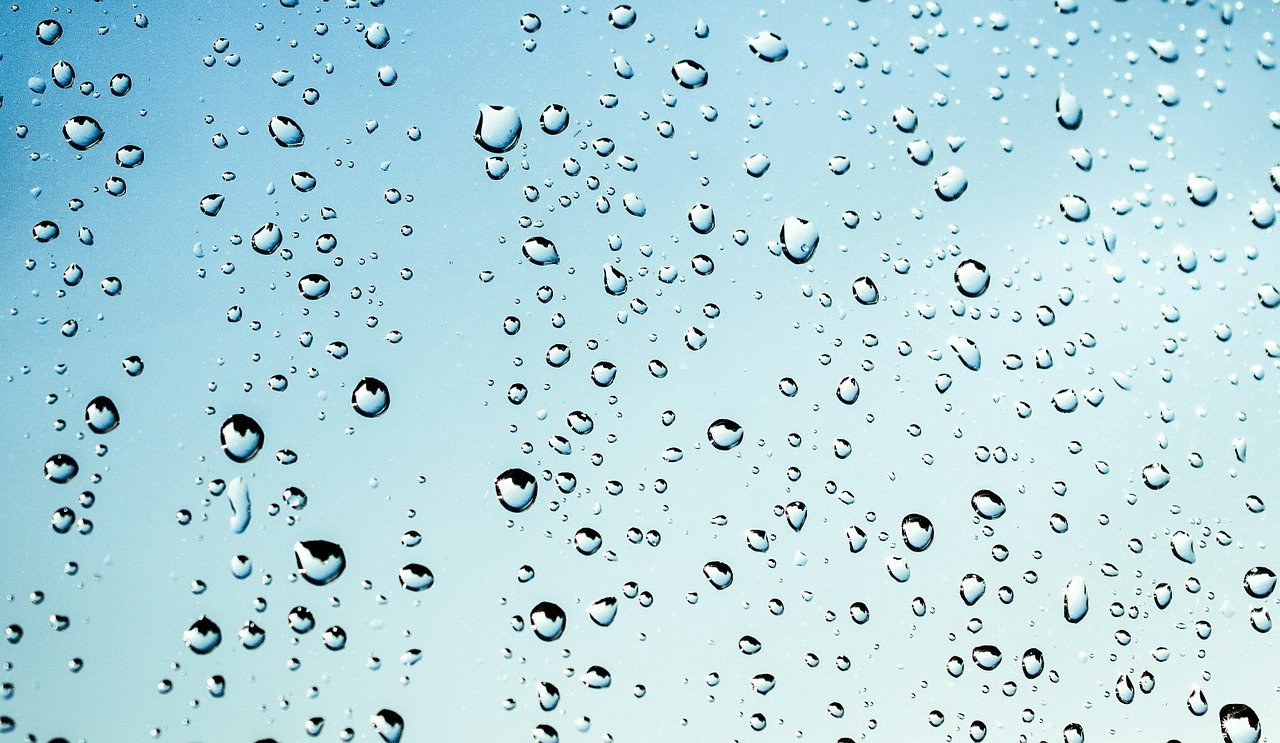One of the most common side effects of using a CPAP machine is a dry mouth; some sleep apnea sufferers will attest to the dry mouth sensation occurring almost immediately after their first use. What results is a struggle to sleep, leading to other respiratory problems and comfort issues further down the track. In this article, we share with you our simple solutions to managing this common CPAP machine symptom, explaining the ways to address this issue through easy behavioural changes.
Consider a new CPAP mask
One of the most straightforward solutions for a dry mouth is reviewing your specific mask choice. There are many mask options available to suit different styles of sleeping and airflow, and it might be worthwhile investigating an alternative. However, if your mask isn’t fitted correctly, or isn’t sized accurately for you, consider having a customised mask created for you, one that addresses your dry mouth concerns and that fits comfortably on your face, much like that of our ApneaSeal technology.
In some cases, the issue stems from a broken mask, leaking air and causing the dry mouth feeling. Leaking may be caused by ill-fitting a mask, as we just mentioned, but may be due to a broken strap or cracked apparatus. Regular servicing and maintenance of your machine and mask will allow you to address these issues, as will thoroughly cleaning of the mask frequently.
Try an air humidifier
For the perfect sleeping environment, sleep apnea sufferers enjoy using air humidifiers every night. With added moisture to the air from the humidifier, the dry mouth symptom eases quickly, and most users find the issue efficiently managed through this method. Some CPAP machines are fitted with inbuilt humidifiers, saving you the cost of buying a separate humidifier for your bedroom. An inbuilt humidifier isn’t typical for all devices to have this feature, so you will need to check with your supplier.
Increase your hydration
With your mask and CPAP machine in perfect working order, and after regular use of an air humidifier, if a dry mouth persists, this may be due to your fluid consumption. Dehydration can occur without adequate water consumption, or from prolonged periods of sweating, from exercise, caffeine consumption, or alike activities. Though some sleep apnea sufferers don’t like to consume a lot of liquid before sleep, to avoid uncomfortable bathroom breaks, CPAP users are encouraged to rehydrate adequately to prevent the dry mouth sensation.
A persistently dry mouth isn’t ideal for any CPAP users, and if your issue persists, you’re best to consult your doctor about other options for you.

